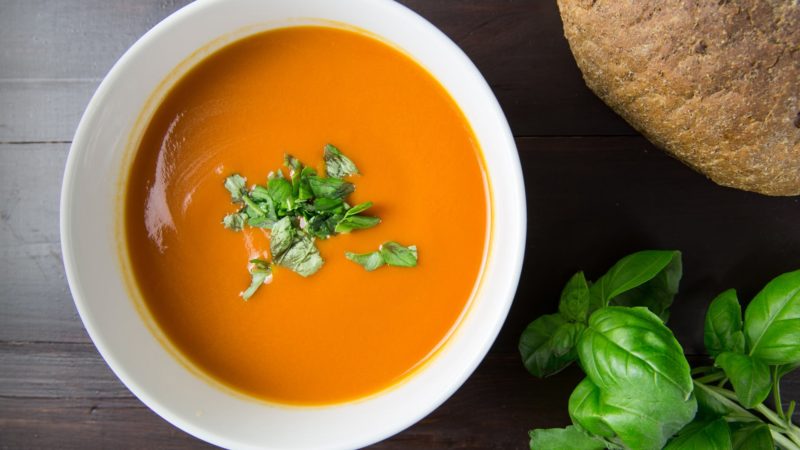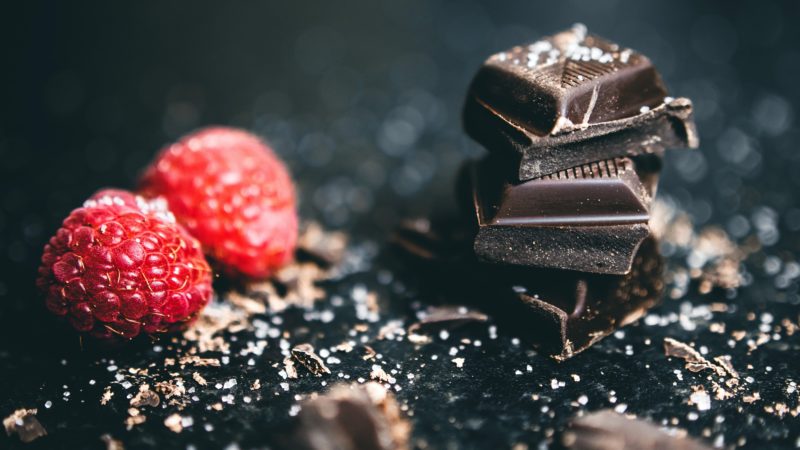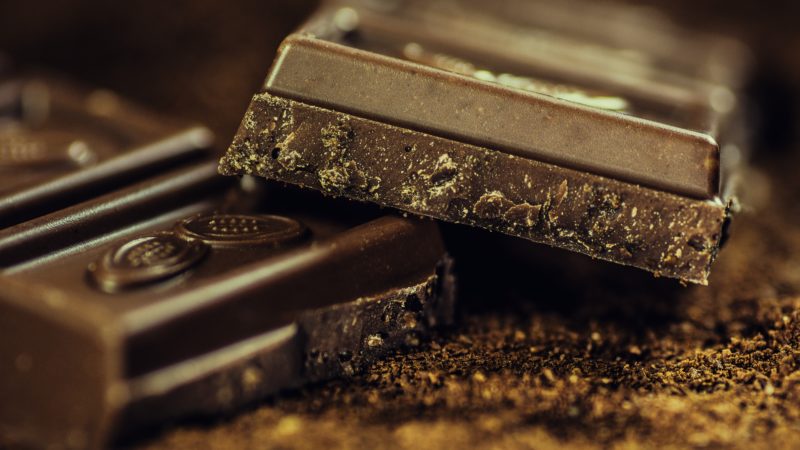Different Types of Fiber And How They Affect Your Health

Different types of fiber have different effects on your body and health. Each type of fiber works in your body differently and is responsible for different works in your body.
You may have already heard of soluble and insoluble fiber terms, but there are several other types of fiber you are not aware of.
In this article, we will talk about all the types of fiber and how they benefit your health. Read this blog till the end, and you will learn some amazing facts about different types of fibers.
Each type of fiber has its own kind of nutrient that benefits the body in a different way.
Let’s learn about these types of fiber and how you can incorporate them into your daily diet.
What Are Fibers
There are two main types of fiber, like insoluble and soluble fiber, which are highly important for digestive. Fibers are the large group of carbs that are not at all digest by the human digestive system.
For men, fiber intake is up to 38 grams in a daily diet, whereas, for women, it is 25 grams. Most of the food we eat is break down by the digestive enzymes. But as our body lacks these enzymes, proper digestion does not take place that invites so many chronic diseases.
Thus, fiber does not require such enzymes to digest and leave your stomach easy without making it to work.
Types of Fiber

Most are aware of the importance of consuming a fiber-rich diet, which improves the digestion process, lower risk of diabetes, colon cancer, and heart diseases.
However, there are several types of fiber that have their own perks on health and improving the overall body condition. These different types of fiber are:
Cellulose
This is an insoluble fiber, found in the plants. It is a primary component that is found in the cell walls of plant cells. Some vegetables have it in high quantities like kale, cauliflower, cabbage, and broccoli.
This fiber goes into your gastrointestinal tract that helps in binding food components and helps in moving all the food you have eaten easily.
Cellulose is also responsible for keeping the digestive function healthy and moving all the food along.
They also promote the growth of gut-healthy bacteria that prevent you from illness and digestion-related issues.
Other foods that contain good cellulose content are nuts, legumes, and bran.
Pectins
These are soluble fiber help in reducing the glycemic response of the food and stall the glucose absorption.
These fibers are easily absorbing by the bacteria present in our gut, and they work similarly to other types of soluble fibers that reduce cholesterol levels. These reduce the number of fatty acids present in the body.
Pectin fibers are found in food like strawberries, carrots, apples, potatoes, and citrus fruits as well as in the nuts and legumes but in small quantities.
Psyllium
It is another soluble fiber that is highly beneficial in relieving constipation and softens the stool that makes it pass easily.
This fiber forms like handy gel bind with the sugar also help in preventing reabsorption of cholesterol inside the digestive tract.
Experts say that this works as the prebiotic, which is highly beneficial for the gut as well as promotes the growth of gut-friendly bacteria.
This is because psyllium is a component that is a food source in itself, and fiber comes from the husk layered on the seed of the psyllium plant.
You can find this fiber as an essential supplement and part of some foods like cereals with high-fiber content.
Beta-Glucans
Beta Glucan is a type of soluble fiber that is in the form of a gel that is easily fermented by the bacteria present in our gut.
This type of fiber is considered as the prebiotic that provides food to the gut bacteria. This is also very helpful for the body as it increases the satiety level and manages the blood-sugar level.
It has properties that help in delaying the rate of food leave stomach and make the transit slow down as food enters within the intestine.
This type of fiber is found in the shiitake, oats, mushrooms, barley, and in reishi mushrooms.
Inulin
Fiber like inulin makes you feel fuller after consuming them. These are the soluble forms of fiber that make the digestion process slower. It is also said that this type of fiber makes the absorption of sugar slowly from the food you have eaten. This ultimately helps in preventing the increase in blood sugar levels as well as keep you away from having cravings.
Inulin is a type of fiber that is not absorbed or digested in the stomach. Instead, it directly sets in the bowel where it promotes the growth of flora. These are helpful in increasing gastrointestinal as well as improving general health conditions.
However, this type of fiber is fructan which is fermented by gut bacteria. It may cause distress in the gastrointestinal tract in some people.
It can be consumed directly by the chicory root. However, it is naturally present in the vegetables and fruits like onions, bananas, asparagus, garlic, as well as in barley, wheat, and rye.
Lignin
Similar to the cellulose, it is the part of the cell wall of the plant cell. Lignin, an insoluble fiber, not only helps in the solid stool. But it also helps in reducing risks like colon cancer and other digestion issues.
However, the mechanism of this fiber type is not fully known, but it hurries everything along with the digestive tract.
You can get a good amount of this fiber from food like legumes (peas and beans), vegetables (cauliflower, green beans, zucchini), fruits (unripe banana, avocado), and seeds and nuts.
Resistant Starch
Resistant starch works similarly like the soluble and fermented fiber that feeds good gut bacteria that are helping in improving digestion functions.
This fiber passes from the large intestine with the microflora and immune system. It is crucial in guarding against the pathogenic bacteria mostly known for messing with the gastrointestinal tract.
Resistant starch is also helpful in weight loss by lowering blood sugar levels and taming your appetite. It prevents the risk of heart health-related issues by lowering the bad cholesterol level. Resistant starch also helps in keeping the proper functioning of the digestive system.
Resistant starch is highly present in the beans and legumes, as well as oatmeal flakes. Banana also contain high resistant starch, but only when they are not ripe.
Conclusion
These are the different types of fiber that are responsible for maintaining your gut health as well as maintain your overall condition.
Fibers help in the digestion process by promoting the growth of gut-healthy bacteria.
However, not all types of fiber benefit your body equally. Different types of fiber have different effects on your body.
Some fibers are extremely beneficial, but some cause digestion issues in other people, depending on their stomach condition.
You can read more about how different fibers have different effects on your body and learn how these are beneficial for your body.
If you are facing digestion related problems like constipation, abdominal bloating, uneasiness, then make sure to increase the intake of fiber-related food.




